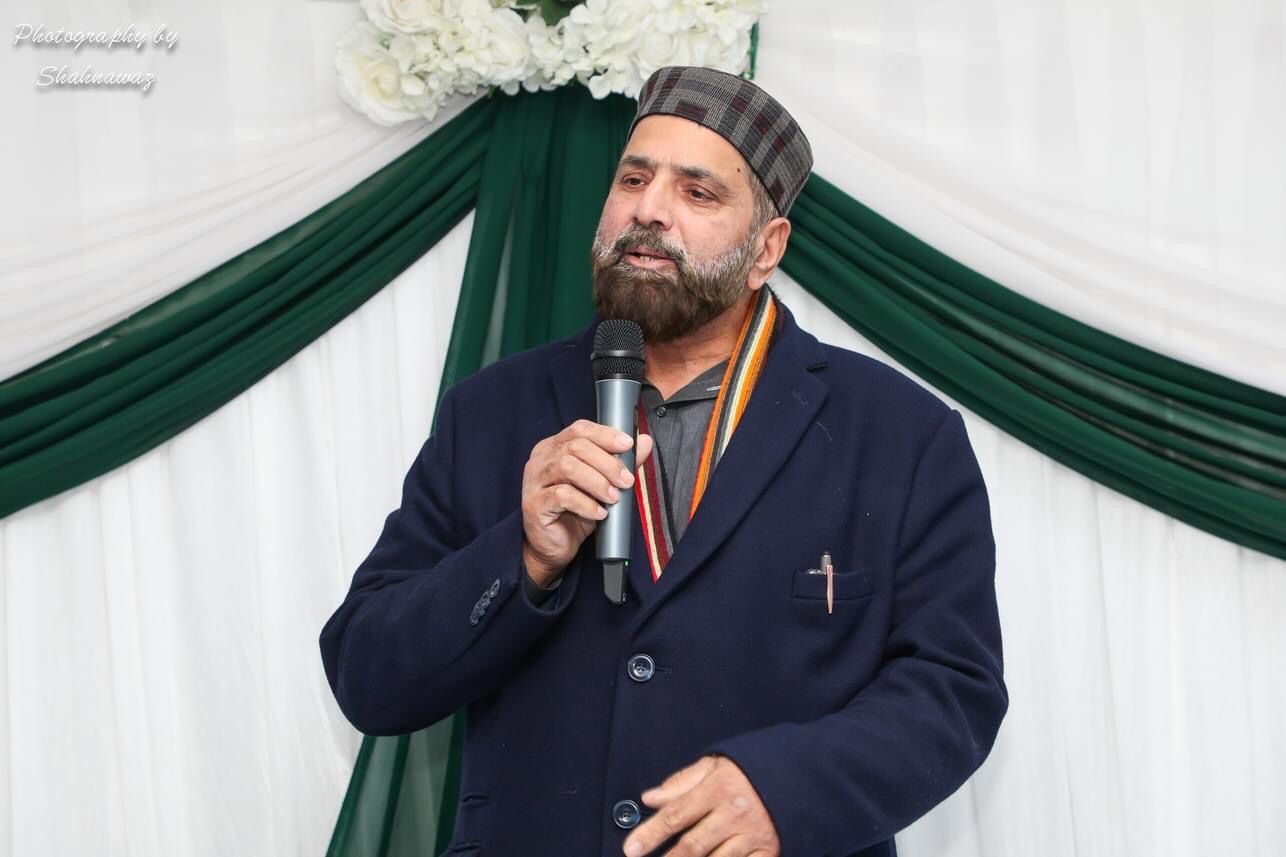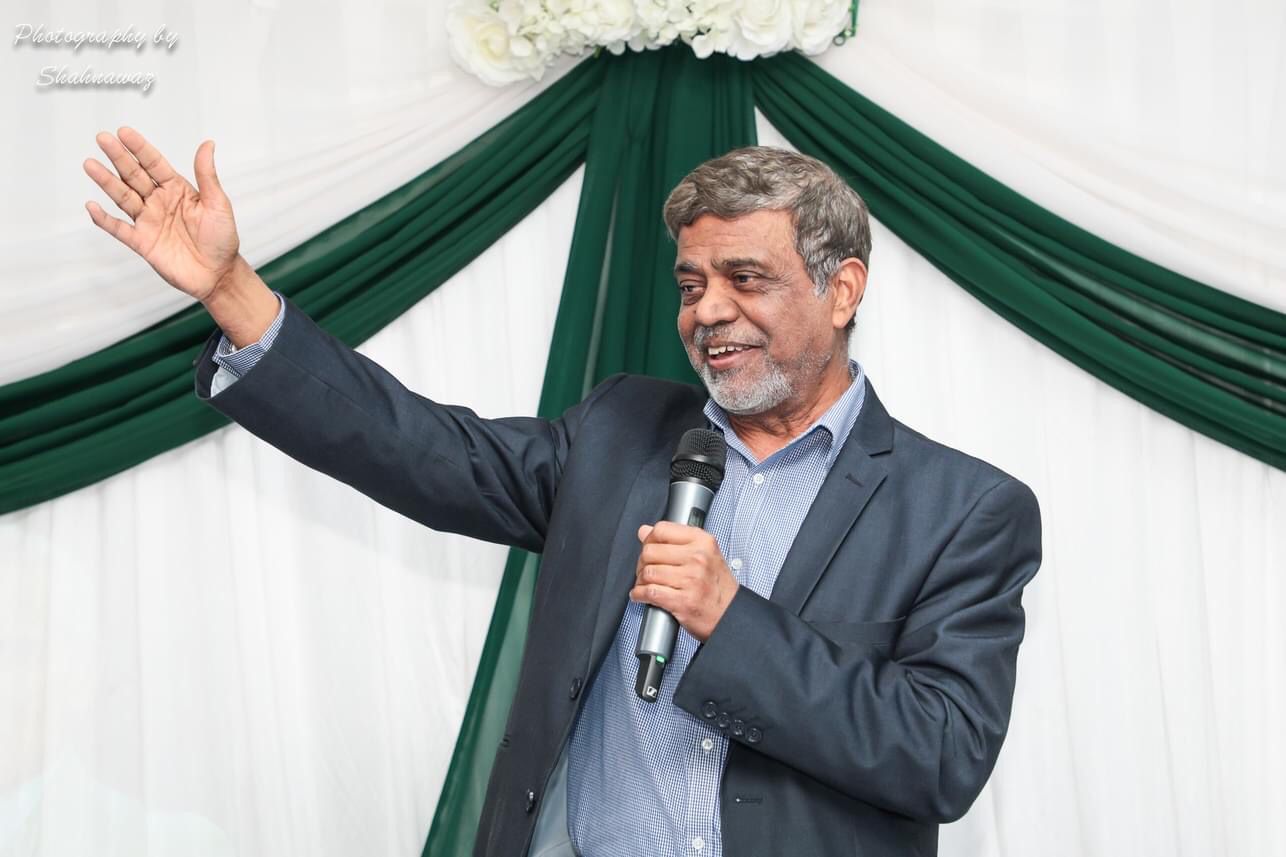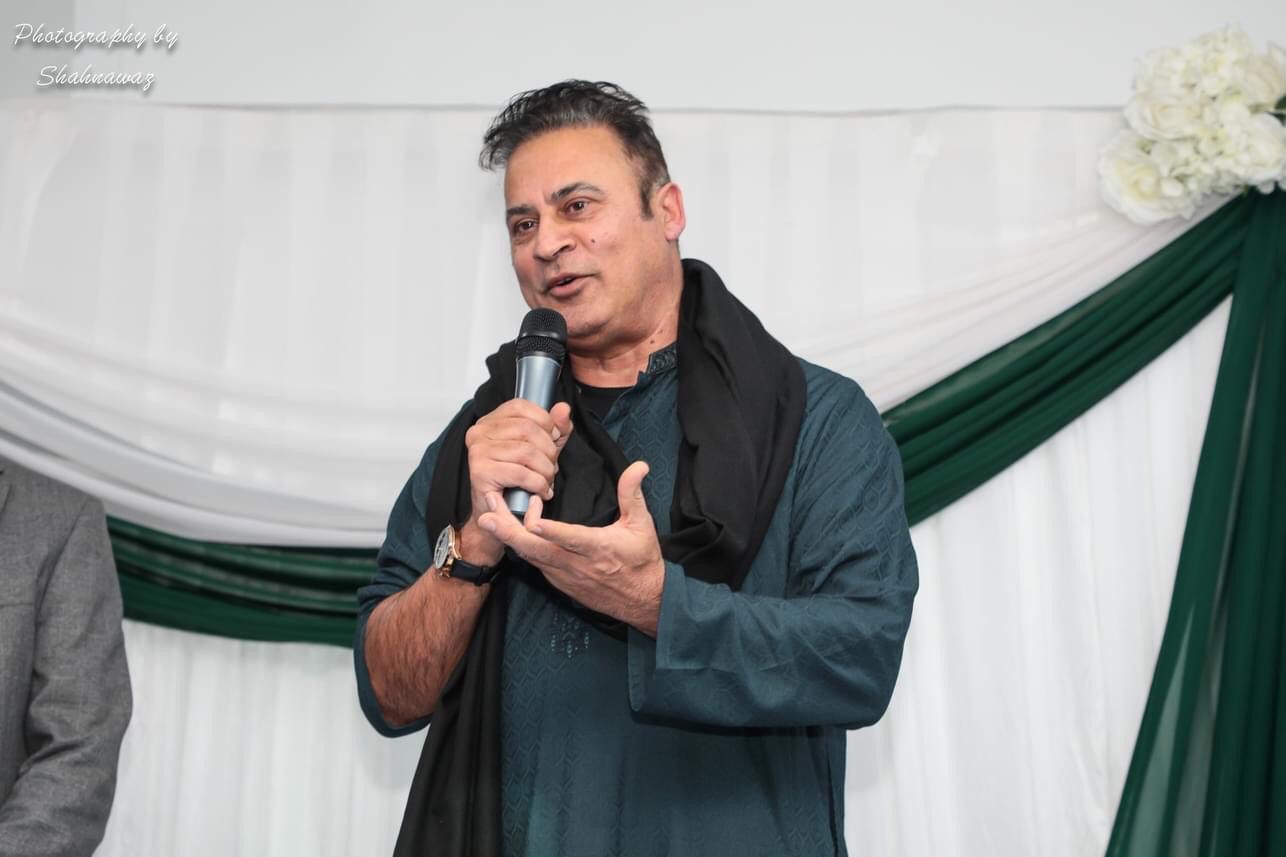Bradford Pakistani Community’s Tribute to Jinnah
Ishtiaq Ahmed
Bradford: The British Pakistani community in Bradford is always on the forefront when it comes to acknowledging and celebrating our national icons. There is no bigger icon than Qaid-i-Azam Muhammad Ali Jinnah, the founding father of Pakistan.
The British Pakistani community convened at the Khidmat Centre, emerging as the cultural nucleus of their society, to pay tribute, reverence, and rejoice in the remarkable life and accomplishments of Qaid-i-Azam.
Foremost among his achievements was the inception of Pakistan, achieved amidst fervent resistance from the Indian Hindu majority and British colonialists. Navigating a challenging path, he displayed remarkable foresight and dignity, leaving an enduring debt of gratitude within the nation.

Although the background to the creation of Pakistan was the realisation that, post-British exit from India, the Muslim minority, although substantially significant in India, would be at the mercy of the Hindu Majority, which has never accepted its legitimacy of being in India ever since the Muslims first set foot on Indian land.
After the demise of Muslim rule in India, partly self-inflicted and partly hastened by the British in cahoot with the Hindu majority, the British provided a kind of buffer, but with British exit being on cards from India, the British buffer would be removed and Muslims would be left at the mercy of the Hindu majority. Some of these fears have presently come true for Indian Muslims under Modi’s right-wing extremist regime.
It was this that led to the creation of Pakistan, wherein Muslims could live in safety and with dignity, being in control of their destiny. However, Pakistan was never perceived as the exclusive preserve for Muslims—a Muslim majority state, yes, but never exclusively for Muslims. This point becomes obvious as we closely study the speeches of Qaid-i-Azam.
“You are free; you are free to go to your temples, your mosques, or any other place of worship in this state of Pakistan. You may belong to any religion, caste, or creed that has nothing to do with the business of the state.”(Qaid-i-Azam’s first address to the first constituent assembly, August 11, 1947)

“In any case, Pakistan is not going to be a theocratic state to be ruled by priests with a divine mission. We have many non-Muslims—Hindus, Christians, and Parsis—but they are all Pakistanis. They will enjoy the same rights and privileges as any other citizens and will play their rightful part in the affairs of Pakistan.” (Feb. 1948)
“Never forget that you are the servants of the state. You do not make policy. It is we, the people’s representatives, who decide how the country is to be run. Your job is to only obey the decisions of your civilian masters.” (Quaid-i-Azam’s Address to the Military Staff College, June 14, 1948)
There is a great deal of confusion around this, partly for not being literate about the circumstances that led to the creation of Pakistan and partly for the history being deliberately distorted for religious and political convenience.
Different speakers eloquently shed light on different aspects of the great man’s life centred around personal integrity, honesty, consistency, clarity of vision, forthrightness of approach, organisation, self-belief, uncompromising passion for the goal ahead, and application to achieve it. All the qualities, which sadly have been found lacking in the Pakistani leadership for the past 76 years.

Speakers emphasised the point that the best tribute to Qaid-i-Azam would be to embrace some of his qualities in our personal, professional, and political lives.
As Pakistan finds itself in political doldrums on the verge of economic bankruptcy with the route to democracy and public trust in the political leadership at its lowest ebb, the reference back to Qaid-i-Azam’s qualities would be most pertinent.

Comments are closed.